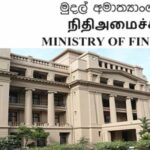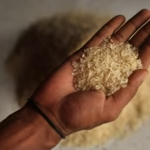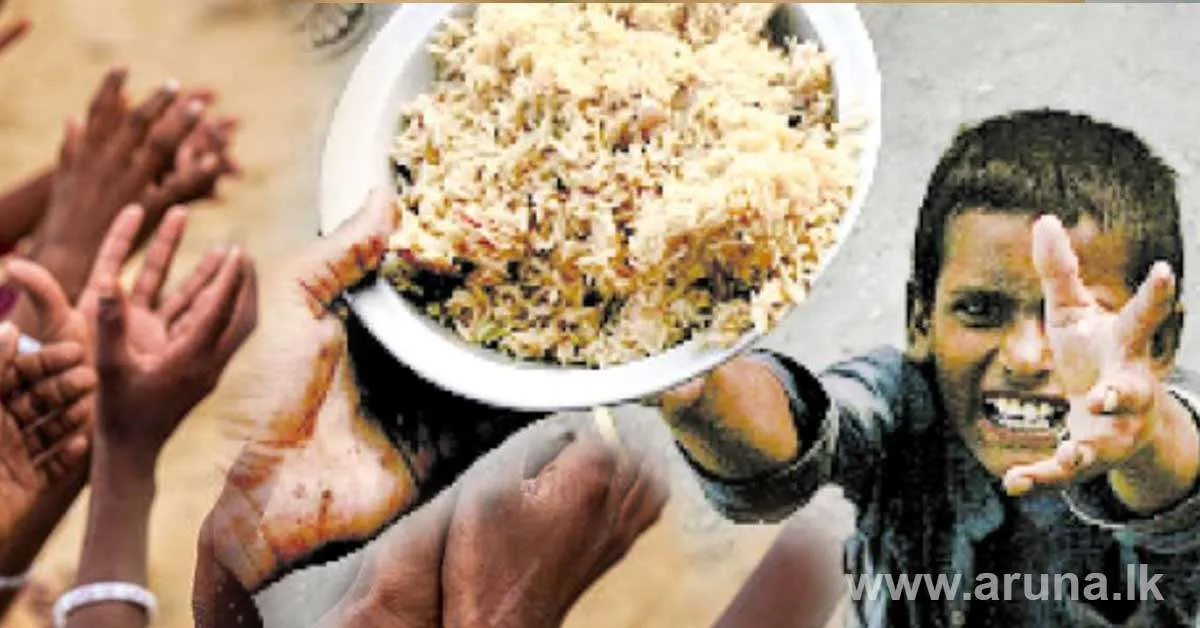
Wide Angle zoom into Sri Lanka’s New Dawn Turns Cloudy
- CNL Reporter
- December 16, 2024
- Weekly Political Review
- Wide Angle zoom into Sri Lanka's New Dawn Turns Cloudy
- 0 Comments
Weekly Political Review
Diplomatic Missteps, Economic Struggles & Scandals Tarnish Hopes for Change
Sri Lanka’s political landscape dramatically shifted less than four months ago when Anura Kumara Dissanayake (AKD), leader of the National People’s Power (NPP), secured the presidency. This victory was followed by a two-thirds majority in the general elections, leaving the opposition in disarray.
The public’s high expectations for systemic change and transparency, however, have been met with significant disappointments.
Sri Lankan President Anura Kumara Dissanayake will visit India from December 15 to 17, 2024 marking his first overseas trip since assuming office in September and his party swept the polls in the November general elections.
During the visit, Dissanayake will hold meetings with Prime Minister Narendra Modi and President Droupadi Murmu. He will be accompanied by Foreign Minister Vijitha Herath and Deputy Minister of Finance Anil Jayantha Fernando.
The visit is expected to further bolster the multi-faceted and mutually beneficial ties between the two nations, the Ministry of External Affairs (MEA) stated in New Delhi on Friday. Discussions are likely to include maritime security cooperation
Political Turmoil and Governance Challenges
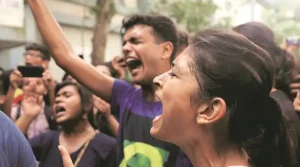
The NPP campaigned on a promise of eradicating corruption and improving governance. Yet, the resignation of Speaker Asoka Ranwala, amidst allegations of fabricated academic credentials, marked the government’s first major political setback.
Ranwala’s controversial background, including his protest against private degree institutions, returned to haunt him as questions about his own qualifications emerged. His silence on the matter and abrupt resignation under public pressure further tarnished the NPP’s image.
President Dissanayake, despite his commitment to accountability, has been criticized for delaying decisive action. His leadership, while ideologically promising, has faced criticism due to a lack of effective communication and immediate responses to controversies.
The Ranwala saga also exposed broader challenges within the NPP, including a lack of humility among some ministers, raising concerns about the party’s ability to deliver on its promises.
Diplomatic Missteps
The government’s diplomatic blunders have also been notable. Prime Minister Dr. Harini Amarasuriya caused a major embarrassment by mistakenly thanking Taiwan instead of China for a donation during a public event attended by the Chinese ambassador.
The error strained relations with one of Sri Lanka’s key allies and tea buyers, China, further highlighting the government’s unpreparedness. Additionally, the absence of a Sri Lankan government official representative at Iraq’s 100th diplomatic anniversary event showcased a lack of coordination within the foreign ministry.
Economic Struggles and Rising Living Costs
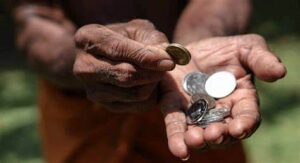
Amid political controversies, the economic plight of Sri Lankans has worsened. Essential items such as rice and coconuts have become scarce and unaffordable, pushing the cost of living to unbearable levels.
The NPP’s campaign promise to renegotiate terms with the International Monetary Fund (IMF) has faltered, with the IMF refusing to make significant adjustments. This has left the government struggling to provide relief to the poor, raising fears of worsening poverty and malnutrition.
Farmers face further challenges, with wildlife raids damaging crops. The Agriculture Minister’s vague advice to “use any method” to prevent destruction has created confusion, as civilian firearm ownership remains restricted following years of conflict. With poverty deepening, there are fears that desperate individuals might resort to theft to survive, exacerbating social tensions.
Corruption and Accountability
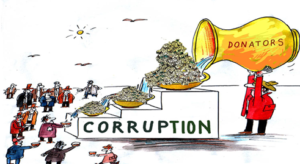
Despite its strong anti-corruption rhetoric, the NPP government has yet to prosecute any significant offenders. Meanwhile, the United States has charged two Sri Lankans with corruption and imposed sanctions, highlighting the gap in local enforcement. Critics argue that President Dissanayake’s close relationship with U.S. Ambassador Julie Chung could be leveraged to obtain evidence and initiate local proceedings against those implicated.
Public Perks and Privileges Under Scrutiny
The government’s efforts to address public anger over excessive perks for politicians have been a mixed bag. A recently submitted report by the Chitrasiri Committee recommends a review of allowances and privileges for MPs and former presidents. While details remain unclear, there is hope that the report will lead to reduced extravagances, including the controversial duty-free vehicle permits that have long infuriated the public.
The NPP has pledged to maintain a modest image, exemplified by its reversal of a decision to issue vehicles to government MPs, opting instead for fuel allowances. However, equity demands that opposition MPs receive similar treatment to avoid accusations of favoritism.
Outlook and Public Sentiment
As the year ends, the NPP government faces significant challenges in fulfilling its promises of reform and transparency. Political missteps, economic hardships, and a failure to swiftly address corruption have eroded public confidence. While there are efforts to review and rectify the system, the government must act decisively to restore trust and demonstrate its commitment to the people’s welfare.
President Dissanayake’s declaration that wrongdoers in his government will face consequences offers some hope. However, tangible results are needed to reassure a nation grappling with uncertainty and hardship. Without swift action, the NPP risks becoming another chapter in Sri Lanka’s long history of unfulfilled political promises.
